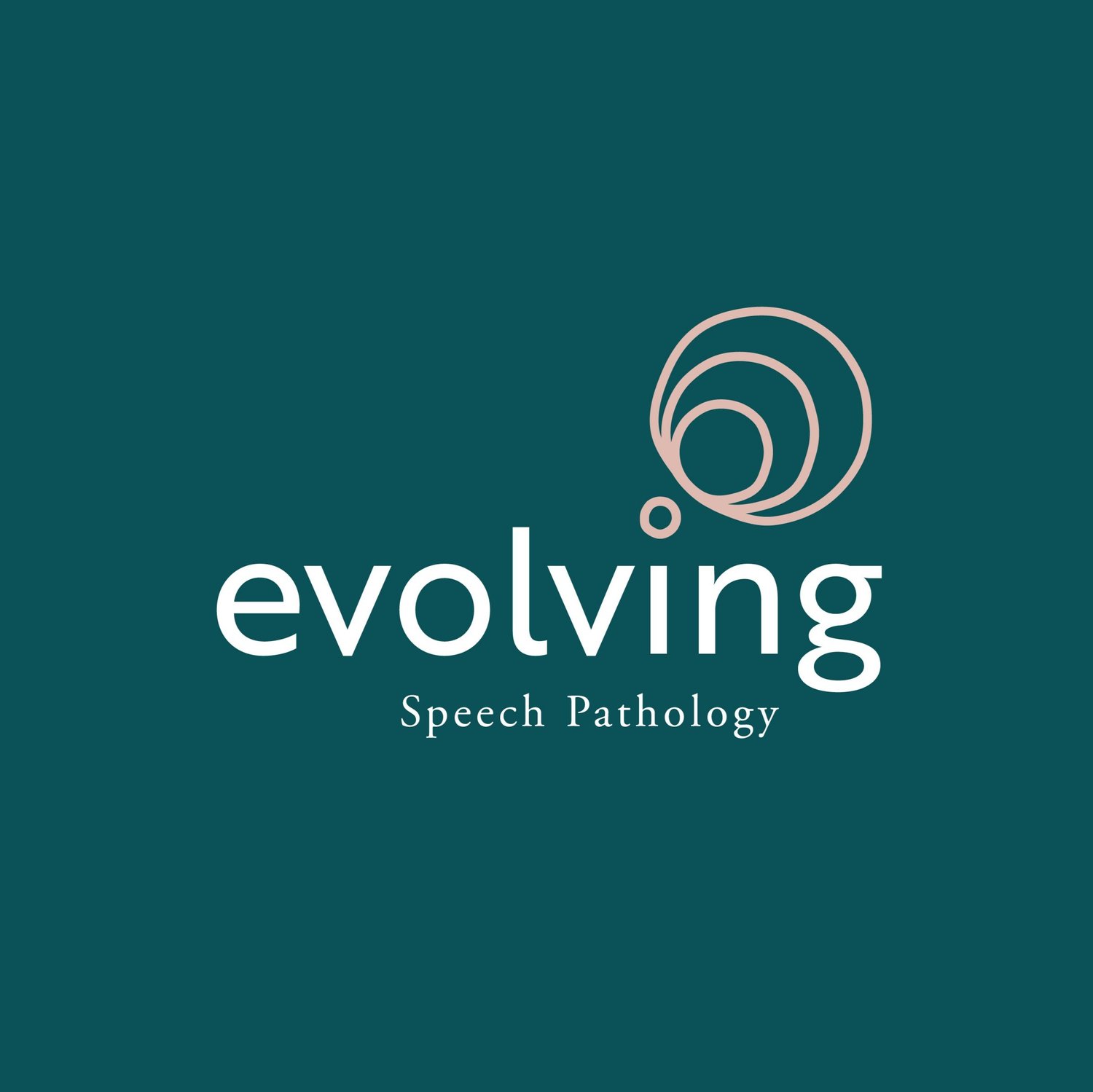
Adults
Language
We assess, manage and treat delays/disorders and acquired difficulties (e.g. Aphasia) including expressive language (impaired use of language), receptive language (impaired understanding of language), literacy, written communication, social communication, high level language and cognition (including attention, memory and executive functioning).
Language difficulties in adults may be experienced after a Stroke, Head Injury, or Brain Tumour. They may also be experienced by people who have Progressive Diseases such as Dementia or Parkinson’s Disease.
Dysarthria
We assess and provide treatment for adults with Dysarthria (slurred speech) which is a speech disorder caused by muscle weakness or incoordination. Dysarthria can make it hard for you to talk and for people to understand what you are saying. Speech pathologists can work with you on:
Slowing down your speech.
Using more breath to speak louder.
Making your mouth muscles stronger.
Moving your lips and tongue more.
Saying sounds clearly in words and sentences.
Using other ways to communicate including Augmentative Alternative Communication e.g. gestures, writing, or using technology.
Dyspraxia
We assess and provide treatment for adults with Dyspraxia (unclear speech) which is a motor speech disorder that results in the inability to control the muscles used to form words. A person with Dyspraxia may have one type or several, depending on which parts of the brain are damaged.
Dysphagia
We assess and manage services for adults presenting with swallowing difficulties including dysphagia and impaired oral function for eating/drinking.
We also work closely with the client, their carer/s and support team to manage and best support their mealtimes.
Augmentative and Alternative Communication
We assess, prescribe and train clients with acquired conditions and disabilities, including Autism Spectrum Disorder, and their carers to use multimodal communication in a range of settings. This includes Key Word Sign, low tech augmentative and alternative communication options (e.g. core boards, communications books), high tech augmentative and alternative communication options (e.g. devices and applications such as LAMP Words For Life, Eye Gaze) and visual supports.
Voice
We assess, manage and treat voice disorders including adults with Parkinson’s disease that have difficulties vocalising with adequate loudness. Evolving Speech Pathology offers Lee Silverman Voice Training (LSVT) Loud treatment to adults with Parkinson’s disease and other neurological conditions. LSVT LOUD trains people with Parkinson’s disease to use their voice at a more normal loudness level while speaking at home, work, or in the community.
Fluency
We assess and assist adults in managing their stuttering. Treatment for adolescents and adults targets both changing stuttered speech using speech restructuring techniques and addressing the anxiety that can accompany stuttering. Research trials have found the use of prolonged or smooth speech techniques to have positive results in reducing and managing stuttering in adolescents and adults.

